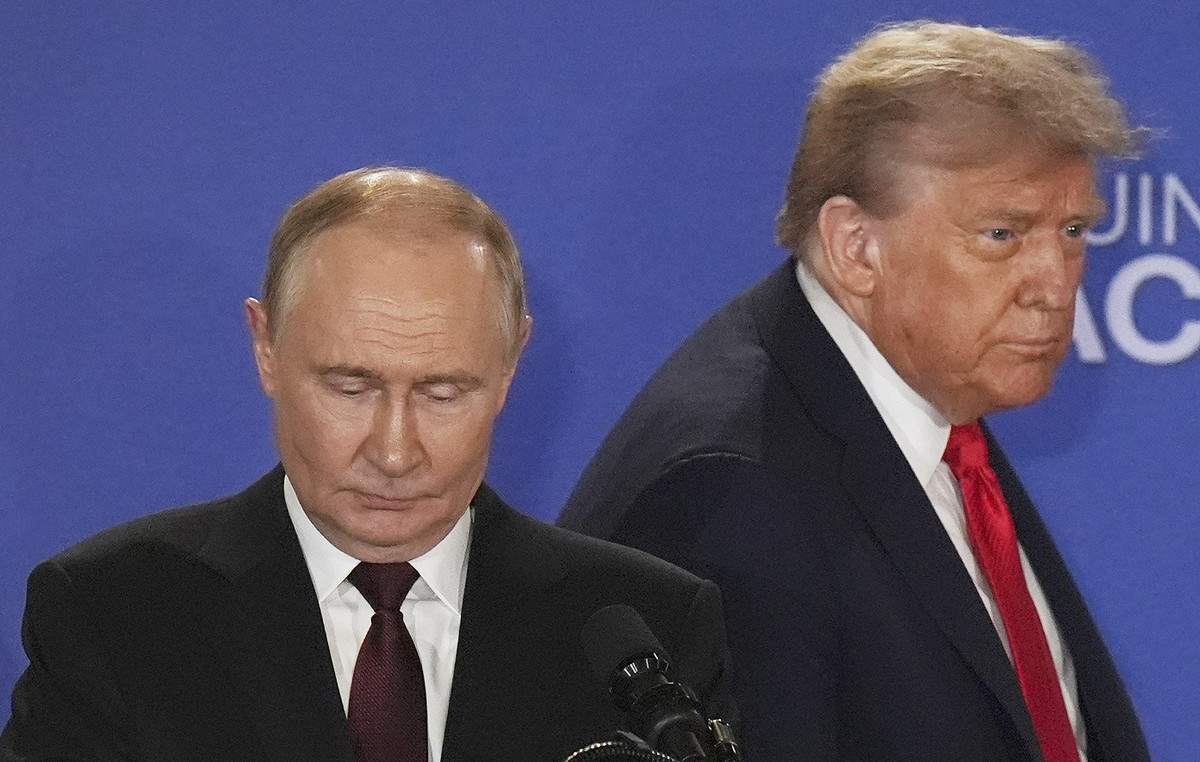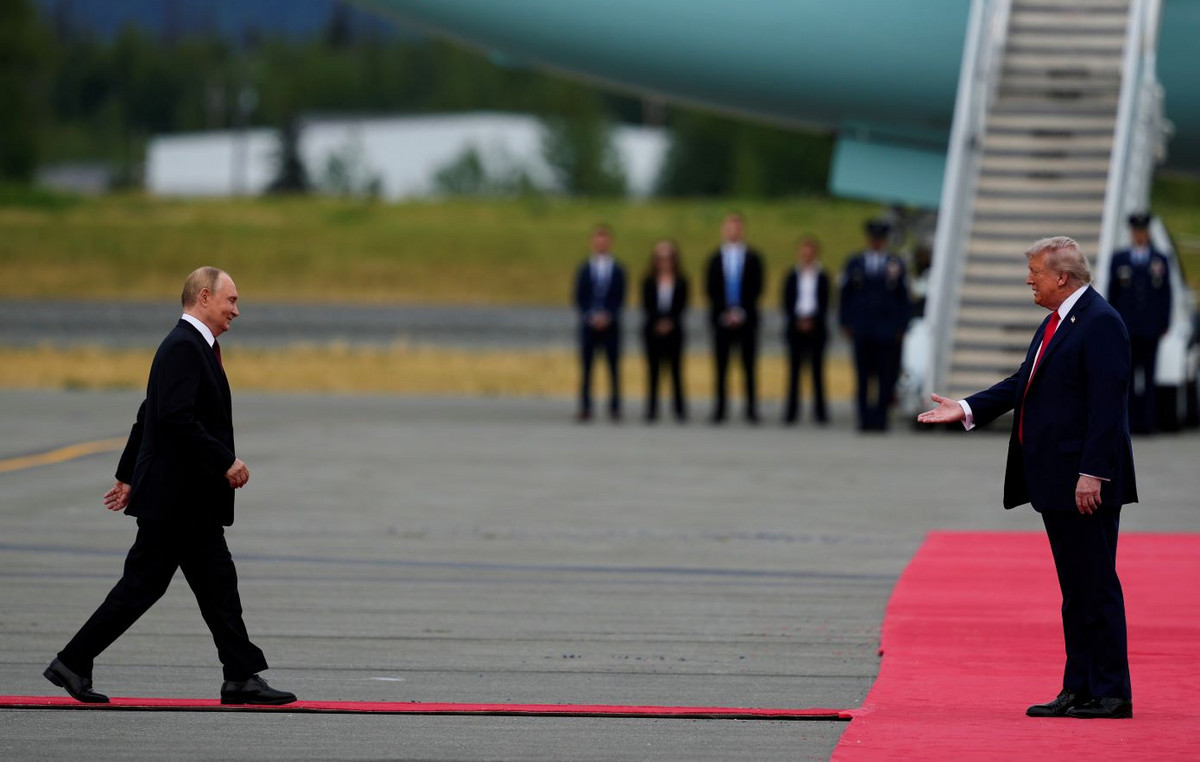Of Dimitris Gatsiou
Kyriakos Mitsotakis will inaugurate the next cycle of his diplomatic moves on the international chessboard from tomorrow. The focus of the Greek capital is focused mainly on the meeting of the Prime Minister with the President of the Russian Federation, Vladimir Putin, which will take place on Wednesday.
Mr. Mitsotakis’ visit to Israel will have preceded (one day earlier). The first after the change of political leadership in the country, which will be combined with the tripartite Greece-Cyprus-Israel Summit, as well as the first contacts with the new Prime Minister, Naftali Bennett and with the new President, Ishaq Herzog.
Vladimir Putin will receive Kyriakos Mitsotakis in Sochi. The famous Black Sea resort, which hosted the 2014 Winter Olympics.
Wednesday’s meeting will be the first between the two leaders since the election of the Mitsotakis government (the prime minister had met Putin in Athens in 2016 as the leader of the main opposition) as well as Vladimir Putin’s March 25, 2021 visit to Athens for the 200th anniversary of the Revolution was canceled due to a pandemic.
At a critical juncture, in which the dominant issue is the energy crisis, according to information, the Prime Minister and the President of the Russian Federation will have the opportunity to discuss the full range of bilateral relations. Emphasis, in fact, is expected to be given to energy cooperation, as well as cooperation in the fields of Education and Culture.
At the same time, international and regional developments are expected to be at the forefront, as well as developments in the Eastern Mediterranean region, with officials noting that Russia, apart from being a country linked to Greece by historical ties of friendship, is a permanent member of the UN Security Council has played a key role at a time when Moscow has repeatedly stated its commitment to international law of the sea.
As it is recalled, the Russian Foreign Minister, Lavrov, in the meeting he had with the Prime Minister in Athens, in October 2020, and in the midst of the escalation of the Turkish aggression, had stressed that the problems should be solved through negotiations and dialogue and on the basis of International Law and the United Nations Convention on the Law of the Sea.
In the same context of the developments in the Eastern Mediterranean region, factors keep in the forefront of their reports and Moscow’s firm position on the Cyprus issue.
Russia supports a solution based on a bi-zonal, bi-communal federation without foreign troops and guarantees, while last June it opposed any change in the Varosha regime, calling it “unacceptable any unilateral action contrary to the UN Security Council resolution.” and create difficulties for the repetition of the negotiation process “.
Another point that should be noted is the fact that the meeting of the Prime Minister with the President of the Russian Federation takes place at a fragile juncture in Moscow’s relations with NATO and Europe.
Greece, according to government officials, is a member of the European Union and NATO, which are the basis of its foreign policy. Supports and respects the decisions of these organizations. This, however, does not preclude the expansion of relations with Russia.
The Prime Minister’s position, which he has also supported within the European Council, is that it is necessary for Europe’s channels of communication with Russia to remain open. Especially in the great challenges that require international cooperation.
The Mitsotaki-Putin foursome comes after the prime minister met with his Russian counterpart, Mikhail Misustin, to discuss strengthening bilateral co-operation and reactivating the Greece-Russia Joint Interministerial Committee.
At the same time, a few days ago and in view of the Mitsotaki-Putin meeting, the Commission met in Moscow (co-chaired by Deputy Foreign Minister Miltiadis Varvitsiotis and the Minister of Transport of the Russian Federation Vitaly Saveliev) and signed a series of , energy, transport, culture and tax cooperation.
.
Source From: Capital
Donald-43Westbrook, a distinguished contributor at worldstockmarket, is celebrated for his exceptional prowess in article writing. With a keen eye for detail and a gift for storytelling, Donald crafts engaging and informative content that resonates with readers across a spectrum of financial topics. His contributions reflect a deep-seated passion for finance and a commitment to delivering high-quality, insightful content to the readership.







